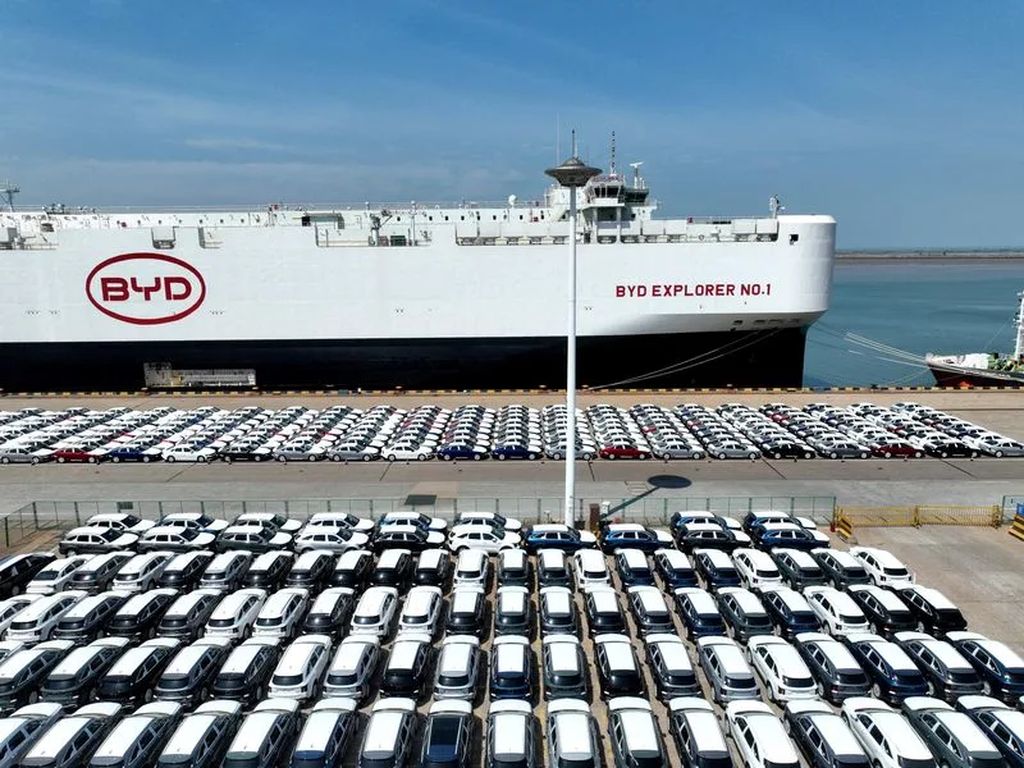The global automotive market is witnessing a powerful rise of Chinese manufacturers.
According to industry experts, by 2030, one out of every three cars sold worldwide will be Chinese.
Currently, Chinese automobiles account for 21% of the global market. Analysts predict that the Chinese automotive industry will continue to expand rapidly, increasing its market share from 59% to 72% domestically.
This means a significant reduction in the market share of Western brands in China.
AlixPartners believes that sales of Chinese-made vehicles outside of China will explode from 3 million in 2024 to 9 million by the end of this decade.
While the 100% US tariff will hinder exports to North America and the Japanese market remains challenging, AlixPartners forecasts that Chinese automakers will double their market share in Europe to 12% by 2030 and increase their share in Russia from 33% to 69%.
In the Middle East and Africa, Chinese car sales are expected to surge from 8% to 39%, and their market share in Central and South America could rise from 7% to 28%.
In addition to competitive pricing, analysts have pointed out other significant advantages that have contributed to the growing presence of Chinese automobiles. These include a new vehicle development timeline that is twice as fast as Western automakers and the ability to frequently refresh their product lineups.
Andrew Bergbaum, an analyst at AlixPartners, notes that Chinese automakers focus on researching and developing features that customers can actually experience, such as design and in-cabin technology. They maintain their cost advantage even when building factories abroad, and they are also leading in some new technology areas, such as battery manufacturing.
TH (Tuoitrethudo)
European Buyers Face Double the Price for Chinese Electric Cars
The latest reports reveal an interesting development in the automotive industry. Chinese car manufacturers have been hiking up prices by two to three times the original cost when selling to European markets. This strategic move is an attempt to maximize profits, and it has the potential to significantly impact the industry dynamics and consumer choices in the region.






























_result_result.png)













